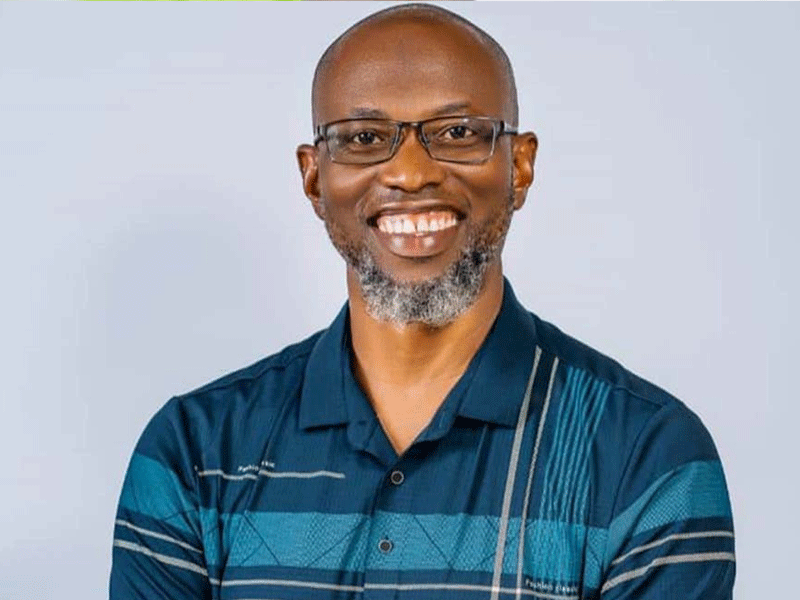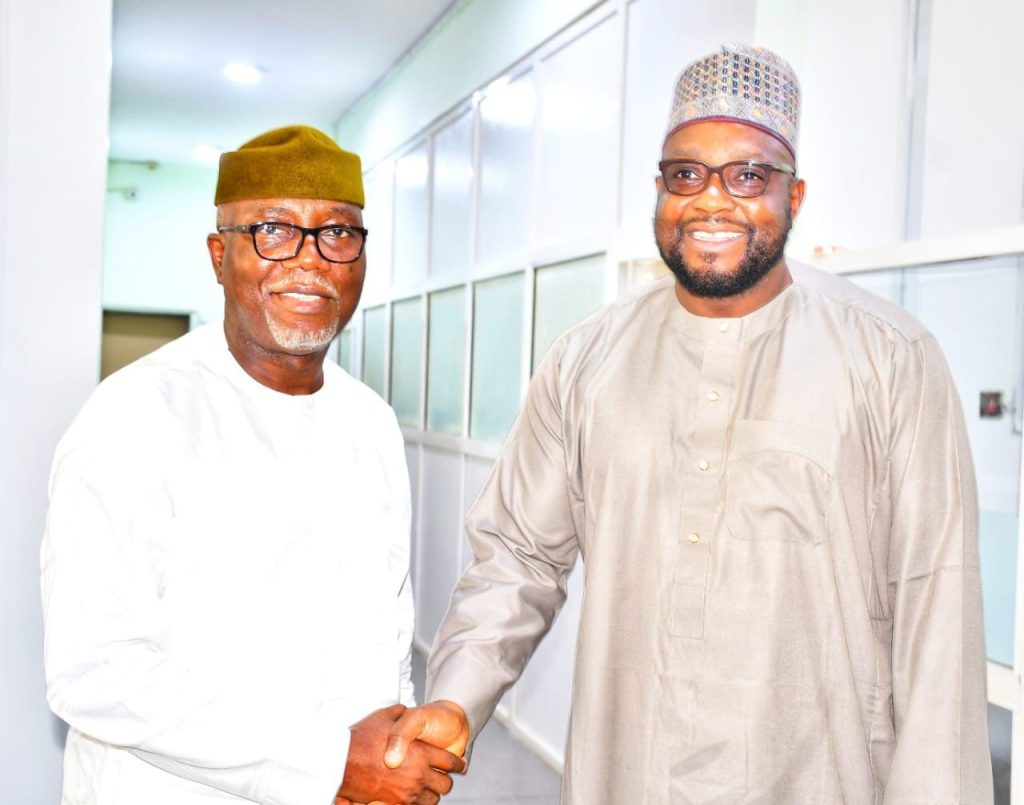Exodus of medical personnel
By Adetokunbo Abiola
|
Dr. Onyema Ogbuagbu belongs to the group of more than 4000 Nigerian physicians, dentists and allied health professionals living and practising in the U.S., Canada and the Caribbean, according to the Association of Nigerian Physicians in The Americas (ANPA). He emigrated from the country after graduating with a degree in Medicine from the University of Calabar in 2003.
One potential employee-doctor looked shocked on seeing her medical school teacher on the Saudi Arabian recruitment queue for doctors. It meant even middle level and experienced medical personnel, want to emigrate from the country, escape from our comatose health system.
The medical board of Trinidad and Tobago revealed that no fewer than 344 Nigerian doctors registered with the board of the tiny Caribbean Island. Two hundred and thirty five out of these doctors were allegedly trained in Nigerian universities. They all want to emigrate from Nigeria
With thousands of Nigerian emigrating and wanting to emigrate, Nigeria currently suffers a deficit of 315,426 medical doctors, with information obtained from the General Medical Council of Britain highlighting that no fewer than 4,528 Nigerian-trained doctors registered with the council in order to be able to practise in the United Kingdom. Unfortunately, Nigeria reportedly has the third-highest number of foreign doctors working in the UK after India and Pakistan.
Doctors want to leave for other countries several reasons. According to one doctor, government can’t do anything to stem the flight to developed countries unless it was prepared to invest massively in the health sector. One of them, according to The Punch, said, “There you have the required hospital infrastructure and equipment. I will also earn better over there,” he said.
Given the poor pay at home, this is hardly surprising. An average nurse in Britain earns £15 000 ($22 900; €23 400) a year, whereas the best paid nurses in Nigeria earn about 300 000 naira (£1700; $2500; €2600) a year, though most earn between 60 000 and 120 000 naira. In the UK, they earn between £2,000 – £3,000 (N1,122,000 – N1,683,000 at £1 to N561) per month. Registrars, called either ST3 and FY2, earn about £45,000 – £75,000 (N25,245,000 – N42,075,000) per annum. No Nigerian professor of medicine will earn this till he retires. In Saudi Arabia, they earn about US$3,000 – $10,000 per month, depending on years of experience. (We’re not told if these mouthwatering emoluments are before or after tax, given the fact that taxes abroad can be very high). In Nigeria, resident doctors are paid between N280,000 and N300,000 per month at the federal institutions. The states pay N110,000 to N150,000 per month. Consultants at the federal institutions are paid between N540,000 and N580,000 per month.
With consultants balking at earning just 540,00 to 580,000 per month, they have to leave. , The ripple effects of this brain drain include medical tourism by wealthy people in society. It is an open secret that many of our political leaders from the President to governors and their cabinet members often fly out to access health care services abroad. This is an indictment on their confidence in Nigeria’s health sector.
or the majority of us who do not have resources to go for medicare abroad, we are stuck with accessing healthcare from our largely unmotivated health workers in government hospitals or Shylock private hospitals whose charges are largely unaffordable to the poor masses.
Many compatriots have also had to resort to faith clinics in churches and other religious homes or basically depend on herbalists for their health services. Quack doctors and nurses are also having a field day particularly in rural communities where they misdiagnose and mistreat many of their patients, thereby resulting in incurable organ damage or premature death.
So, until Nigeria places the highest premium on healthcare, the exodus of doctors will not end. Therefore, the government needs to take healthcare seriously and make it a major priority in view of its critical importance to the citizens’ lives. As this newspaper has always noted, the value of budget proposals for health must be remarkably enhanced.
In fact, healthcare requires remarkable investment, not just increased funding. The better investment will certainly translate to more remuneration for health workers, increased training opportunities for doctors, availability of equipment and other infrastructural facilities.
To reverse the brain drain, the Nigerian government should create a conducive environment that will ensure employment opportunities and reduce poverty. It must provide the needed infrastructure such as good roads and transport systems, affordable and functional education, water supply, security, stable energy in addition to good health care system.
On their own, these won’t be enough to prevent the brain drain among medical doctors – and other professionals. It would need to be supplemented by other strategies. These should include providing financial and other incentives to stay. Institutional capacity-building that promotes career development should be fostered, along with mentorship opportunities as well as efforts to improve working conditions of medical graduates. A central human resource planning body should be instituted. This would ensure a continuous increase in the number of health care workers through careful coordination.









